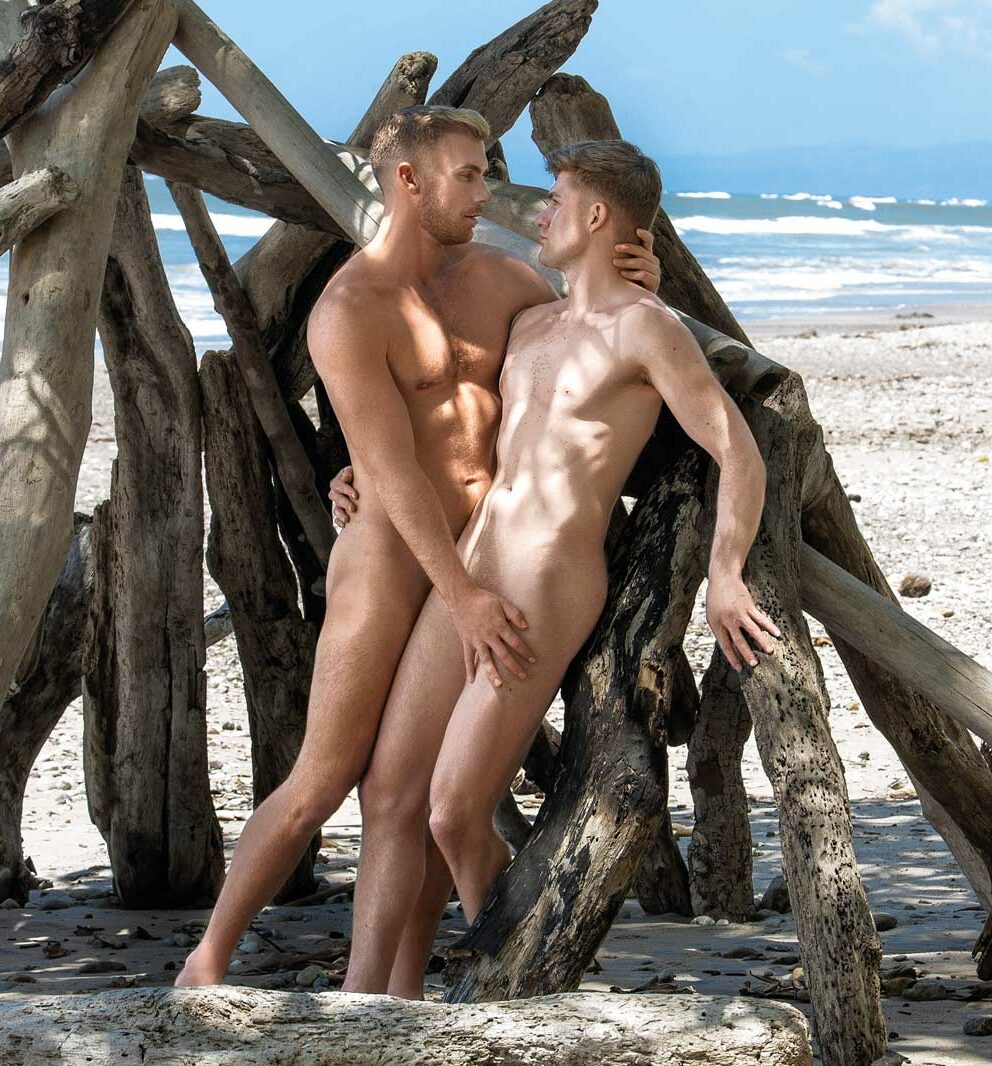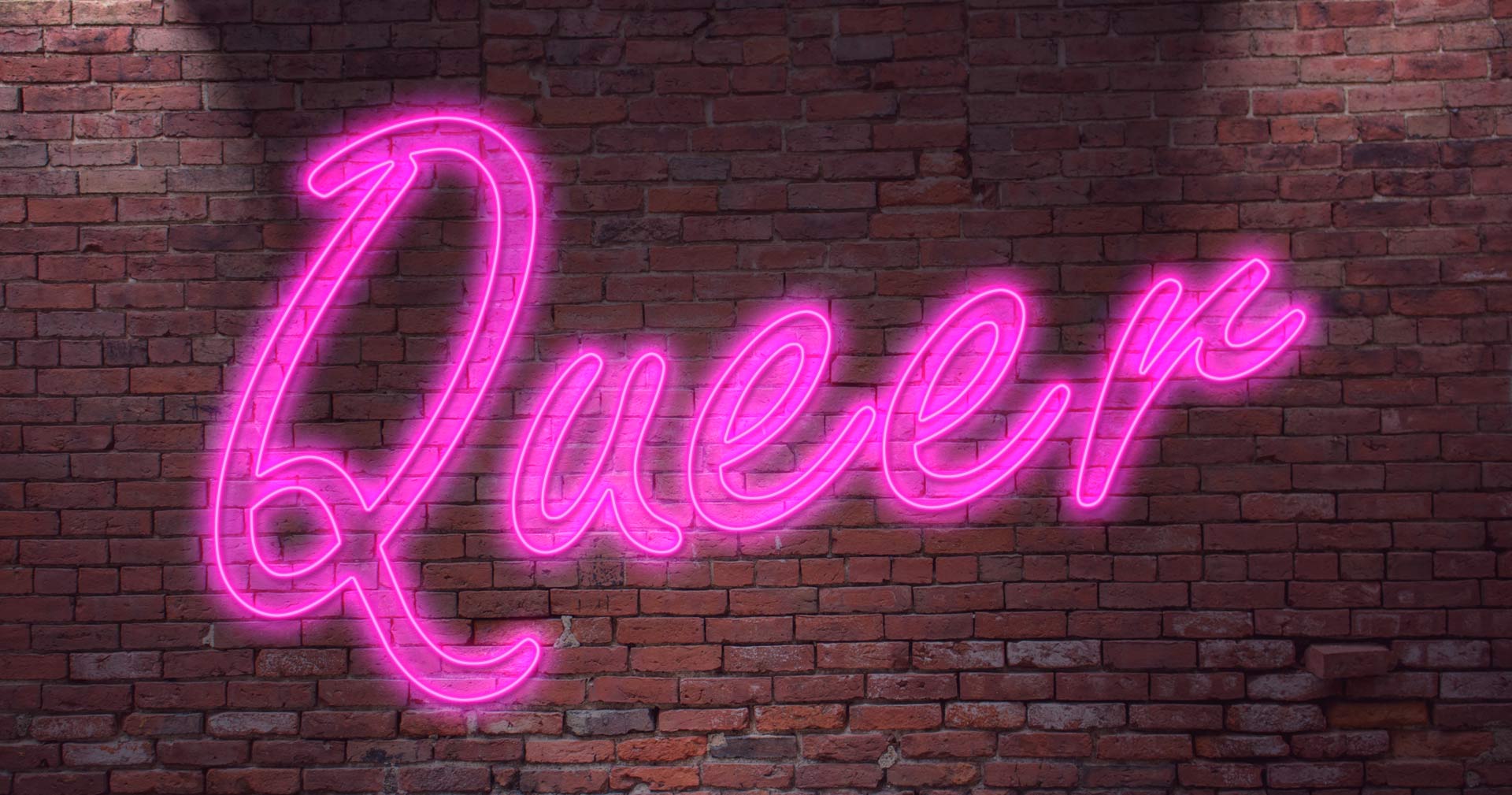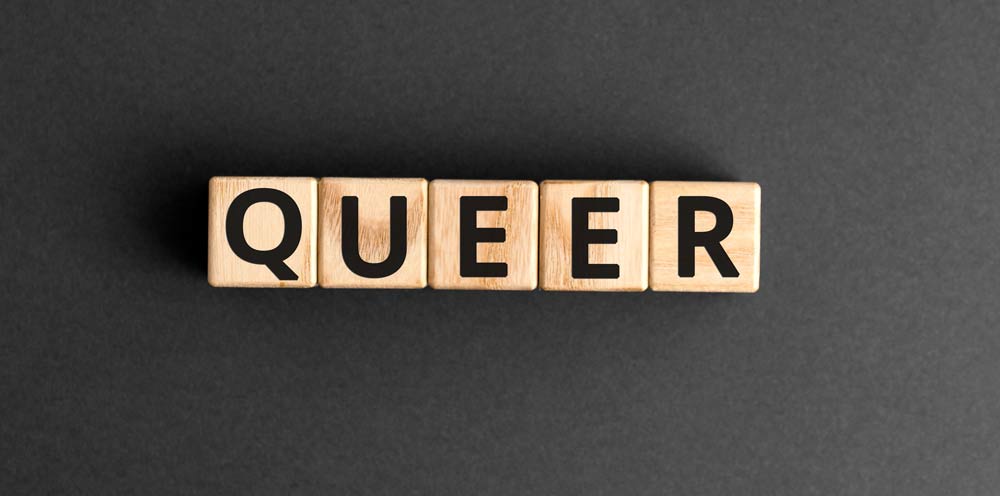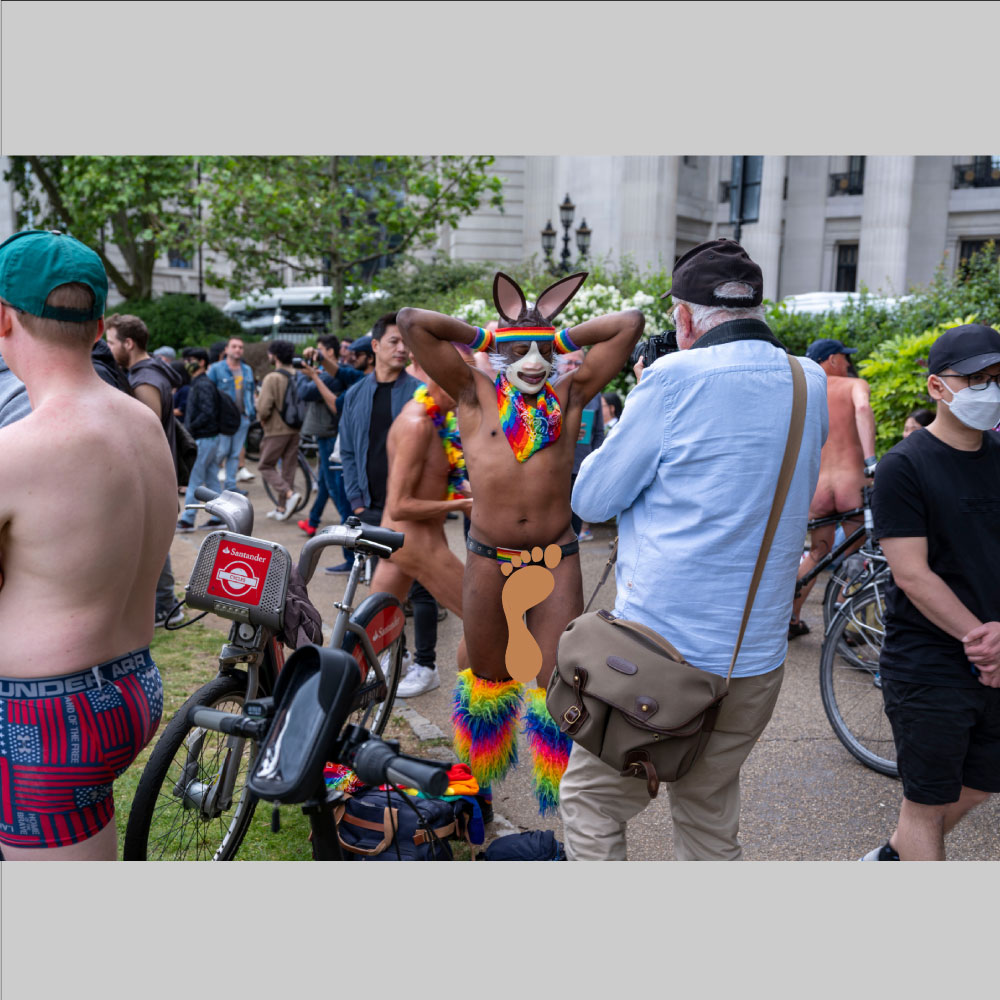Check out ‘The Changing Room’ – order our first poetry book
Worldwide Roar is now BAREFOOT MAN! Learn more

Stay up to date with our latest news, competitions and offers. We look forward to staying in touch.

20.01.24
The word “queer” has a rich and complex history, evolving significantly over time in both its meaning and societal impact. Its journey from a term of derision to one of empowerment and identity reflects broader changes in social attitudes and the dynamics of language.
We get feedback from our followers on social media on our use of the term, and we realise that it has very different connotations for a lot of people, so we want to start an exploration of this word and what it means to all of us.
Can we find common ground? Can queer become a word that sits outside specific sexual orientations to be part of how all men can make a positive commitment to healthier masculinity, just as feminist and feminism gave women words that could help them to find their relationship with women’s rights?
Origins and Early Usage
The term “queer” originally emerged in the English language in the 16th century. Initially, it carried the meaning of “strange,” “odd,” or “peculiar.” It was not inherently pejorative but rather descriptive of something unusual or out of the ordinary.
Shift Toward a Pejorative Term
By the late 19th and early 20th centuries, “queer” began to acquire a derogatory connotation, particularly in the context of sexuality and gender. It was used to label individuals whose sexual orientations or gender identities deviated from the societal norms of the time, predominantly in a negative context. This pejorative use was reflective of broader societal prejudices against LGBTQ+ communities.
The Rise of LGBTQ+ Rights Movements
The mid-to-late 20th century witnessed the emergence of LGBTQ+ rights movements. These movements challenged societal norms and fought against discrimination and stigma. As part of this resistance, some members of the LGBTQ+ community began reclaiming the word “queer.” This reclamation was a conscious effort to subvert the negative connotations and turn them into a badge of pride.

Reclamation and Empowerment
By the 1980s and 1990s, the reclamation of “queer” gained momentum, particularly in academic and activist circles. “Queer theory,” a field of critical theory, emerged, examining and challenging the ways in which sexuality and gender are constructed and perceived. The term “queer” was used to encompass a spectrum of non-normative sexual and gender identities, emphasizing fluidity and resistance to categorization.
Contemporary Usage and Controversies
In contemporary times, “queer” is widely used within the LGBTQ+ community as an inclusive, umbrella term. It is seen as empowering, encompassing a range of identities and experiences while challenging binary views of gender and sexuality.
However, the term remains controversial for many, particularly among older generations who may still associate “queer” with its historical use as a slur. This generational divide reflects the evolving nature of language and the differing experiences and attitudes across age groups.
The Dual Nature of “Queer”
The dual nature of “queer” as both a reclaimed term of empowerment and a remembered slur encapsulates the complexities of language reclamation. We believe it highlights the power of language to both harm and heal, and the ongoing evolution of words in response to changing societal attitudes.
Being Queer at Barefoot Man
The history of “queer” is a testament to the resilience and agency of marginalized communities in transforming language. For us, it demonstrates how a word can evolve from a tool of oppression to a symbol of identity and pride.
However, its controversial nature also serves as a reminder of the ongoing challenges faced by LGBTQ+ communities and the need for continued dialogue and understanding across different generations and perspectives.
At Barefoot Man, we want to include discussions about this word in our dialogues across all forums. What does it mean to you, and how would you like to change that?

Barefoot Man is proud to be working with the World Naked Bike Ride (WNBR) in London on creating content about...…

The Warwick Rowers began as a humble student calendar initiative, but over the years it has evolved into a much...…
You need to load content from reCAPTCHA to submit the form. Please note that doing so will share data with third-party providers.
More InformationYou need to load content from Turnstile to submit the form. Please note that doing so will share data with third-party providers.
More InformationYou need to load content from reCAPTCHA to submit the form. Please note that doing so will share data with third-party providers.
More Information